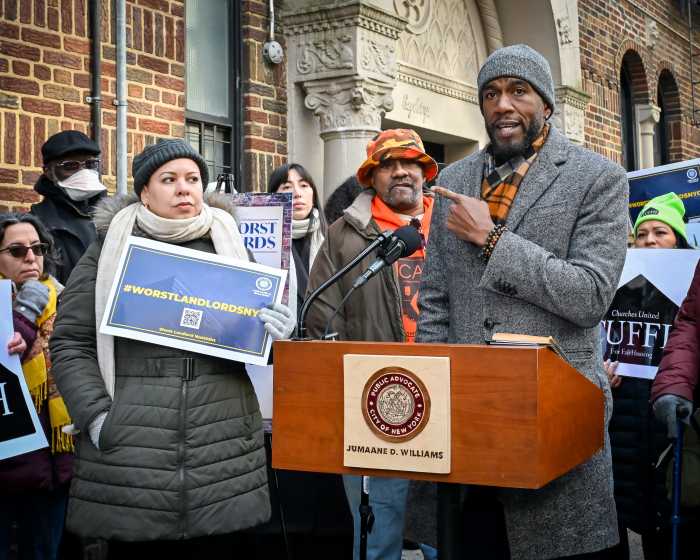Transgender and non-binary individuals seeking to change their names in New Jersey are welcoming an amendment by the state’s Supreme Court that effectively eliminates an outdated and stigmatizing rule requiring folks to publish their old name and current name in a newspaper.
The New Jersey Supreme Court amended Rule 4:72, which forced folks to publicize names with which they did not identify, outed individuals who were not in a position to come out safely, and presented financial barriers for those who struggled to afford the cost of the advertisement, among other issues.
The court’s Committee on Diversity, Inclusion, and Community Engagement recommended the change in its 2017-2019 biennial report, while the court’s Family Practice and Civil Practice Committees supported and broadened the recommendation to encompass both minors and adults, according to New Jersey Supreme Court documents.
With the changes, New Jersey became the 18th jurisdiction in the US to do away with such requirements, according to the Transgender Legal Defense & Education Fund (TLDEF), which joined Garden State Equality and law form Lowenstein Sandler in backing the proposed amendments in comments to the court this past October. TLDEF brought attention to the issue through its Name Change Project, which offers free legal help for transgender and non-binary individuals who are trying to complete the legal steps to change their name.
“We applaud the New Jersey Supreme Court for recognizing the safety and privacy considerations that are often barriers for transgender name change petitioners,” TLDEF’s Name Change Project counsel Charlie Arrowood said in a written statement. “Removing the publication requirement for name changes not only makes the process more accessible and affordable to those who need it, but also removes the safety burden of publicizing private and personal information. At a time when violence against our community continues to break records, granting legal name changes and protecting private medical information will save lives.”
Garden State Equality’s executive director Christian Fuscarino noted in a written statement that the change “gives transgender and non-binary people the dignity and privacy they deserve.”
He added, “Eliminating these financial and social barriers ensures that trans people of all socio-economic backgrounds have one less obstacle in the way of living full and healthy lives.”
Similar reforms are still needed in some other nearby states. Those seeking to change their legal name in New York, for example, also must publish the change at least one time in a designated newspaper within two months of a court order, though folks with felony convictions could face additional requirements to notify the public of the change, according to the National Center for Transgender Equality.
However, the publishing requirement can be waived in New York if the court determines it could jeopardize an individual’s safety.
The policy is similar in Pennsylvania, where publishing requirements remain in place but can be waived to protect an individual’s safety. As in New York, those convicted of felonies face significant barriers.
Publishing requirements are not in effect in Connecticut, but registered sex offenders seeking a name change must notify certain officials and update their sex offender registry.
To sign up for the Gay City News email newsletter, visit gaycitynews.com/newsletter.




































